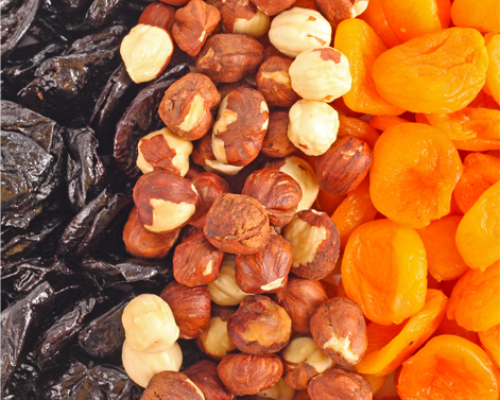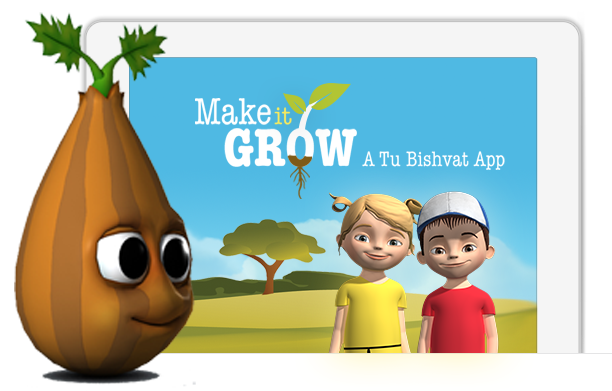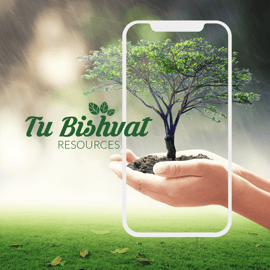On Thursday 27th/28th January it is Tu Bishvat (ט''ו בשבט), which is the hebrew term for the date ‘the 15th of Shevat’. But what is this minor festival all about? Below are 5 facts to help you understand this festival.
HAPPY BIRTHDAY TO THE TREES
According to the Mishna (Rosh Hashanah 1:1), Tu Bishvat is the ראש השנה לאלנות – the New Year for trees. The reason why we need a new year for trees is because there are a number of Torah laws such as those concerning the tithing of produce from trees (known as ma’aser), or the prohibition of eating fruit from a tree less than three years of age (known as orlah), for which we must know the age of the tree. Therefore, Tu Bishvat is the date is like the birthday for trees because, after that point, all trees are considered to be a year older.
RAIN OVER
It should be noted that Tu Bishvat is not an arbitrary date in the Jewish calendar. Instead, Tu Bishvat is the date when most of the annual rain in Israel has fallen and a time when leaf buds begin to develop on trees.
7 SPECIES & SPECIAL FRUIT
Because Tu Bishvat is a festival specifically relating to the land of Israel, it is customary on Tu Bishvat to eat fruit which is strongly associated with the land of Israel such as the seven species (חטה - Wheat, שעורה - Barley, גפן - Grapes, תאנה - Figs, רימון - Pomegranates, זית שמן – Olive (oil( & דבש (Date) Honey) mentioned in Devarim 8:8. In addition to this, many people endeavour to eat special or unusual fruit which they may not have eaten that season and thereby recite the additional blessing of Shehecheyanu.

FRUIT & WINE
In the 16th century, the holy Rabbis of the city of Tzfat compiled a seder for Tu BiShvat which is somewhat similar to the Passover seder, and since then, many families have the custom of holding a special meal made of fruit and wine on the night of Tu Bishvat during which they talk about nature and sing songs which have nature themes.
PLANT TREES AND SAVE THE WORLD
In addition to eating fruit, it has also become customary on Tu Bishvat to invest time exploring issues relating to environmental ecology such as planting trees. By doing so, we don’t just show our love of nature, but we also express our hopes for the future.

Click here for activity ideas that you can do with your children!
Or download ‘Make it Grow' today to learn come rain, snow or shine, all about how we can care for our planet this Tu Bishvat.






